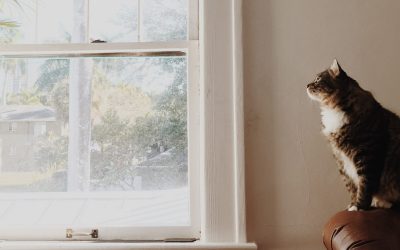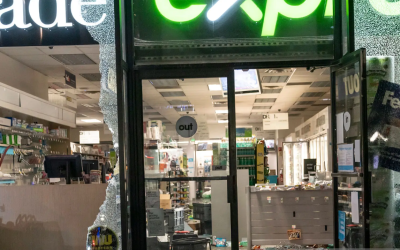Like any other material, glass breaks when it is stressed. What matters is the type and degree of stress that is applied to the glass. Many people are concerned that any type of modification to a window, such as adding window film, might make it more vulnerable to breakage. Let’s consider the facts. There are 5 types of stress that can lead to glass breakage:
- Tensile Stress: this type of stress refers to anything trying to stretch the glass. When it comes to most windows, this type of stress is applied to the glass by its own weight.
- Thermal Stress: extreme temperatures can cause glass to fail due to thermal expansion and contraction. For windows, thermal stress is usually caused by absorption of solar radiation.
- Impact Stress: this one is pretty obvious – especially for any of us who played street hockey or baseball as kids. Glass can break from being impacted by flying objects, such as pucks, balls, hail, or stones.
- Mechanical Flexing Stress: ever notice your windows flexing in and out on a really windy day? High winds cause extreme pressure differences between the inside of a building and the outside. These pressure differences can cause glass to shatter.
- Twisting Stress: this type of stress can be applied to glass from building settling, or from the window frame sagging.
Preventing glass from scattering is a huge benefit of window film, and will help keep everyone safe in case of an accident.
When it comes to window film, thermal stress is the only type of stress we need to be concerned about. It’s true that window films will increase the thermal stress on glass that receives sunlight. That being said, the amount of the increase is rarely significant enough to contribute to breakage. Different types of glass (annealed vs tempered, clear vs tinted) have different solar absorption rates, meaning that they will be able to withstand different levels of thermal stress. When selecting window films, it is crucial that these factors be taken into consideration, which is why it is necessary to consult a certified professional that uses the highest quality film available.
In fact, if your window is subject to one of the stresses listed above – such as by a flying object or vandalism – window film will actually help to hold the broken shards together. Preventing glass from shattering is a huge benefit of window film, and will help keep everyone safe.
How Long Can Film Last?
There are many variables that affect the lifespan of window film, including the type of film, type of glass, location of the building, and the compass heading of the window. There are many documented cases of high-quality film lasting over a quarter of a century. All our films come with manufacturer-backed guarantees so you can be confident in your films withstanding the test of time.
Questions about which variety of window film is right for you? We are here to answer your questions.



